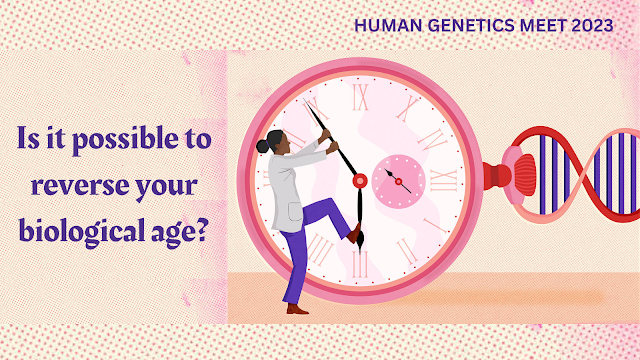What is the life expectancy of HCM?
A mutation in one of the several genes that encode for the anatomy of the heart results in the disorder known as hypertrophic cardiomyopathy (HCM). Not all of the HCM-related genes have been discovered. As an autosomal dominant trait, the condition is inherited. In other words, there is a 50% probability that a parent with HCM will carry the defective gene to their offspring.
Though the severity
of the resulting heart illness cannot be properly anticipated, if a kid does
inherit the mutation, the condition will most likely manifest during puberty
(i.e., the heart wall muscle thickening).
Although individuals
with
symptoms caused by blockage who have septal reduction therapy normally
experience a significant improvement in symptoms and normal longevity, patients
with no or only moderate symptoms typically have a better prognosis than those
with more severe symptoms. However, the degree of cardiac involvement or the
risk of sudden death do not always correlate with the severity of the symptoms.
The stages of HCM,
are based on the clinical evidence of disease
progression. These clinical stages include
- subclinical HCM
- classic HCM phenothype
- adverse remodeling
- end-stage HCM.
End-Stage (ES)
Hypertrophic Cardiomyopathy (HCM) is defined when left ventricular ejection
fraction (LVEF) falls below 50% and is associated with poor prognosis. Early
identification is paramount, but reliable predictors have not been
characterized.
Patients with HCM can
receive a diagnosis at any age, from birth to at least 80 years old. There have
even been reports of patients receiving a fresh diagnosis in their 90s.
Although hypertrophy may be evident at birth or in childhood, it is much more
typical for the heart to seem normal at those times.

.png)
.png)

Comments
Post a Comment